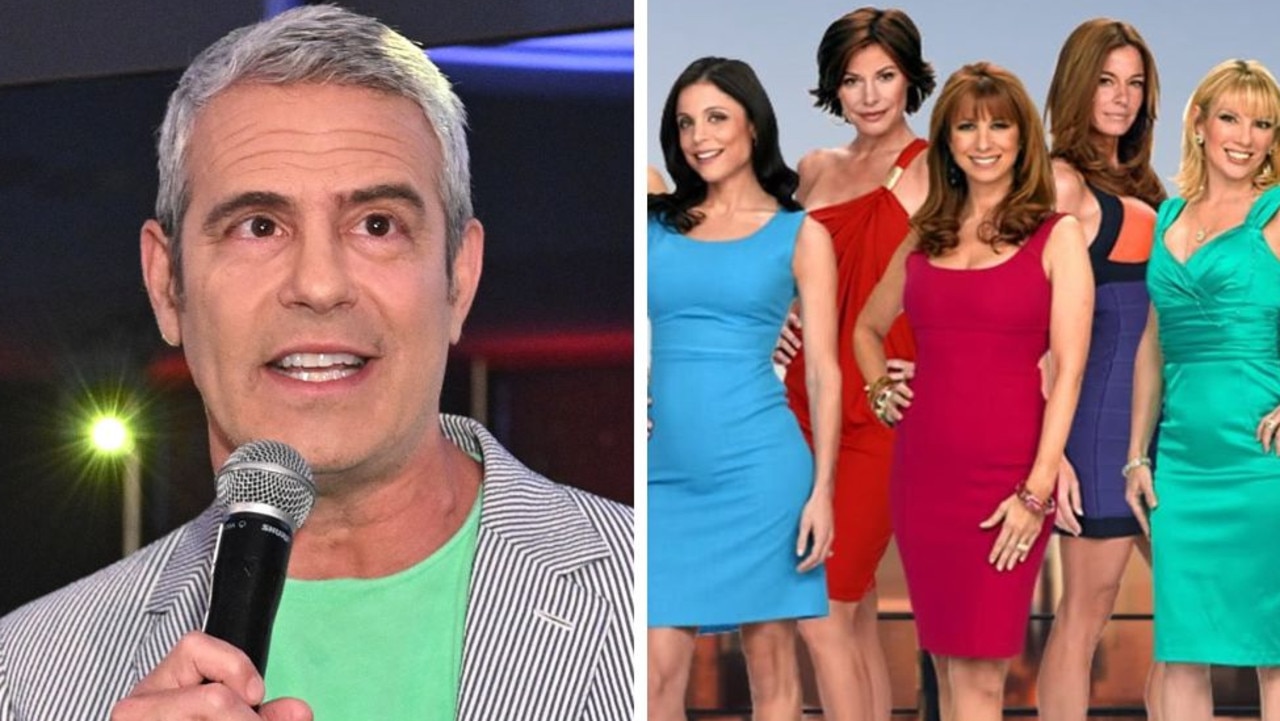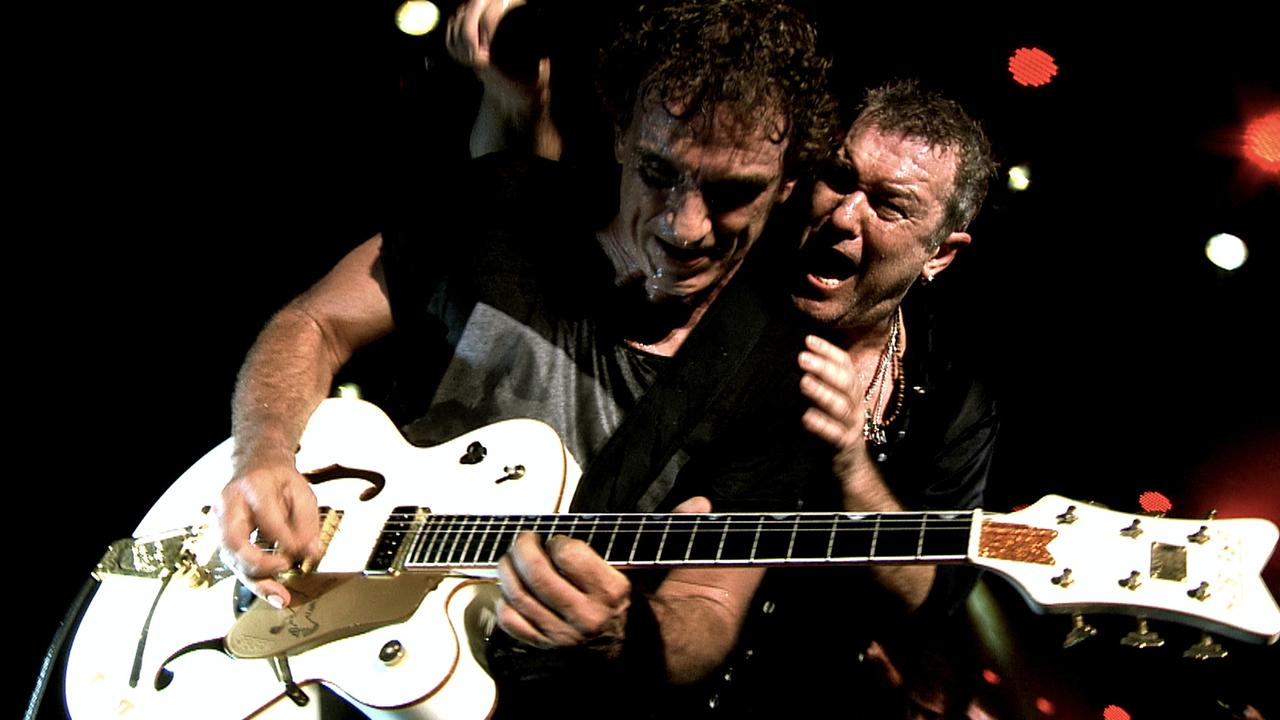Courtroom bombshell in The Jury: Death on the Staircase final episode
A jury has been left shocked and in tears after being blindsided in the final episode of a new true crime series. Warning: Spoilers.
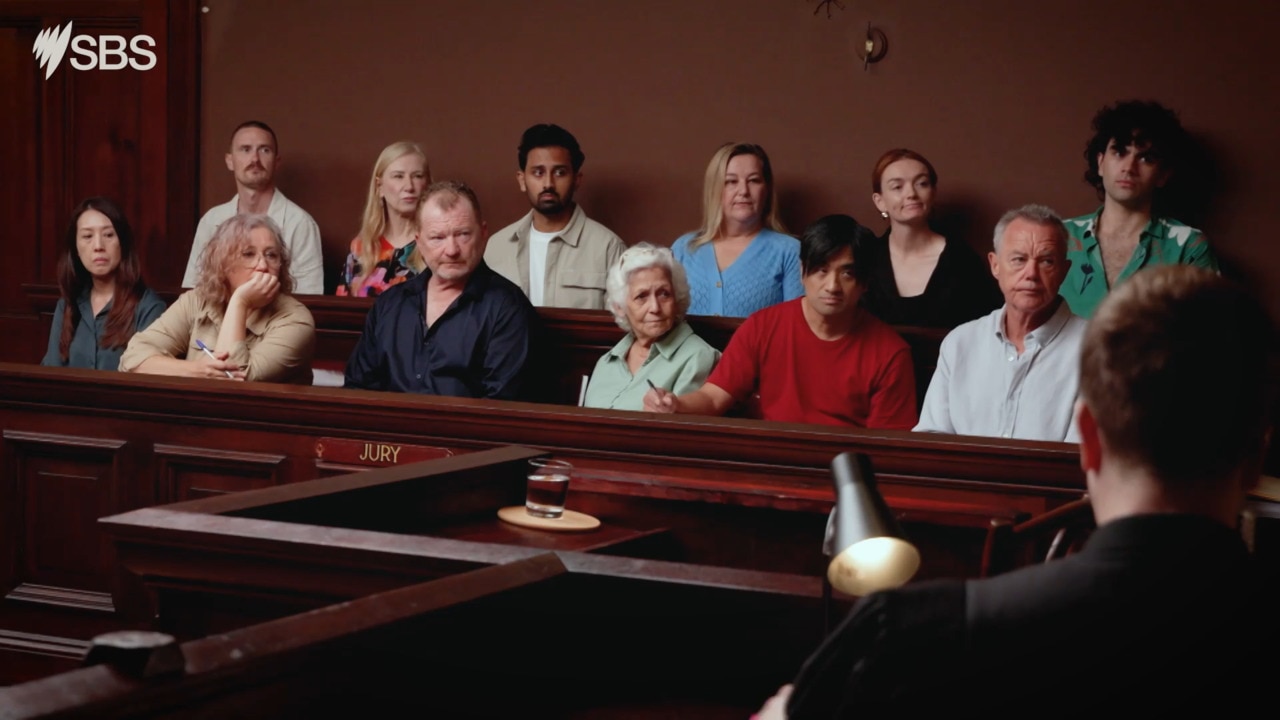
Reality
Don't miss out on the headlines from Reality. Followed categories will be added to My News.
WARNING: Spoilers ahead
In a quiet courtroom, the muffled sound of sobbing from the jury box fills the room, as several people clasp their hands across their mouths in shock.
The scene, shown in last night’s season finale of SBS true crime The Jury: Death on the Staircase, in which a real manslaughter trial is re-enacted word-for-word in front of a jury of 12 volunteers, left viewers in as much shock as the jury members.
In the series, the accused, a man named Shaun Yang*, stands to be convicted of manslaughter, meaning the Crown must prove beyond a reasonable doubt that he caused the death of his partner, Carlo*.
The case - which has already been through the NSW court system and has had identifying details changed in the hope of concealing the verdict from viewers and jurors alike - has rested heavily on circumstantial evidence. But after delivering a verdict of not guilty, the jurors are finally able to learn the outcome in the original case on which the experiment was based - to devastating effect.
Read our recap of The Jury: Death on the Staircase episode four
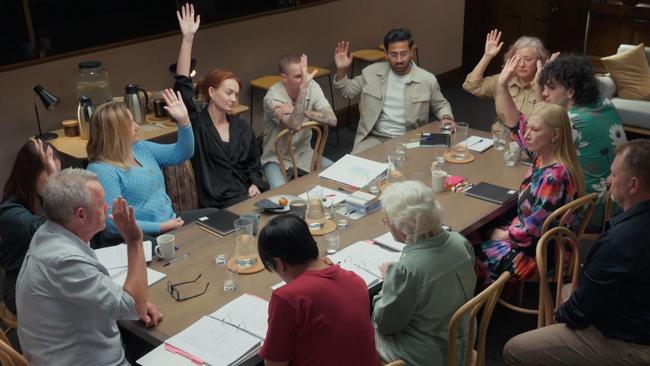
A final verdict ‘resting on one word’
Earlier in the episode, as the 12 members of the jury deliberated, the decision eventually came to rest on the shoulders of one juror - and one word.
Craig, a former prison guard with an acknowledged bias towards convicting, remained the only juror who wished to vote for a guilty verdict, in the face of 11 others who wished to find the defendant not guilty.
The other jurors, while acknowledging that some strong circumstantial evidence existed, could not say that all reasonable doubt had been removed, and eventually - born of a desire to simply “go home”, Craig, by his own admission, “caves” and votes to find the defendant not guilty.
“Alright, you guys win,” Craig conceded. “Do the count again.”
‘Better for 100 guilty people to go free’
Monash University Associate Professor of Law Dr Jacqui Horan explains that deliberations are tough for juries because they’re invested in protecting the community as well as not putting an innocent person behind bars.
“Our system is set up on the basis that it is better for 100 guilty people to go free, than for one innocent person to be locked up,” she says.
However, once the jurors deliver their verdict, they’re in for a true bombshell. Not only do they discover the way the original jury decided the case - but the fact that it was far more complex than even they could have predicted.
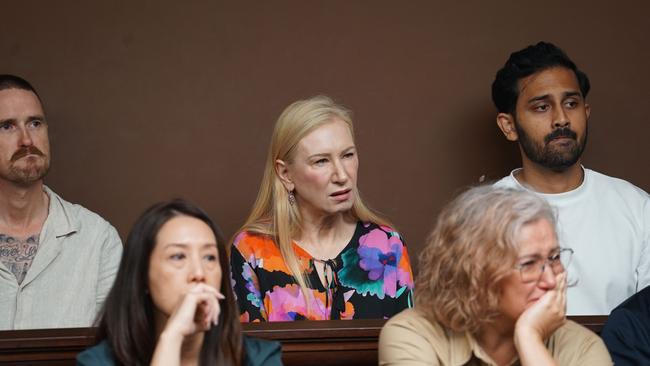
Triple jeopardy
“As you know, you are not the first group of 12 to decide the fate of our defendant,” explains the judge.
“You’ll be very curious to know the decision of the jury that came before you. They deliberated for two days, and at the end of that time, they reached a unanimous verdict. They found the defendant guilty.”
As Craig mutters a smug “thank you” and others gasp in shock, the trial judge is not finished with her revelation.
“But even more curiously, you are not the second jury to hear this case,” the judge continues.
“You are not even the third. You are the fourth jury.”
The defendant - in reality, a NSW man named Philip Leung who stood accused of causing the death of his partner Mario Guzzetti - was the first to be retried under double jeopardy law in New South Wales.
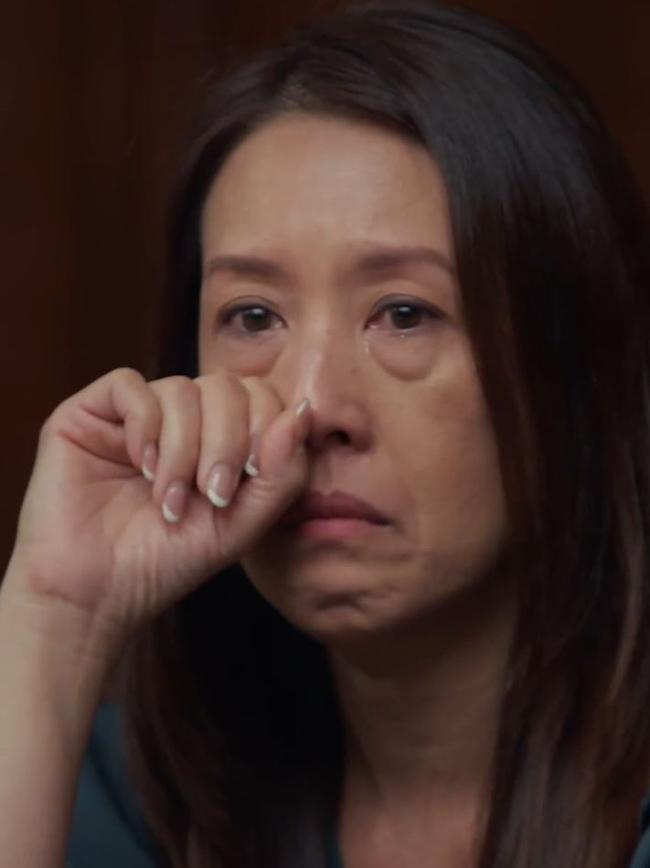
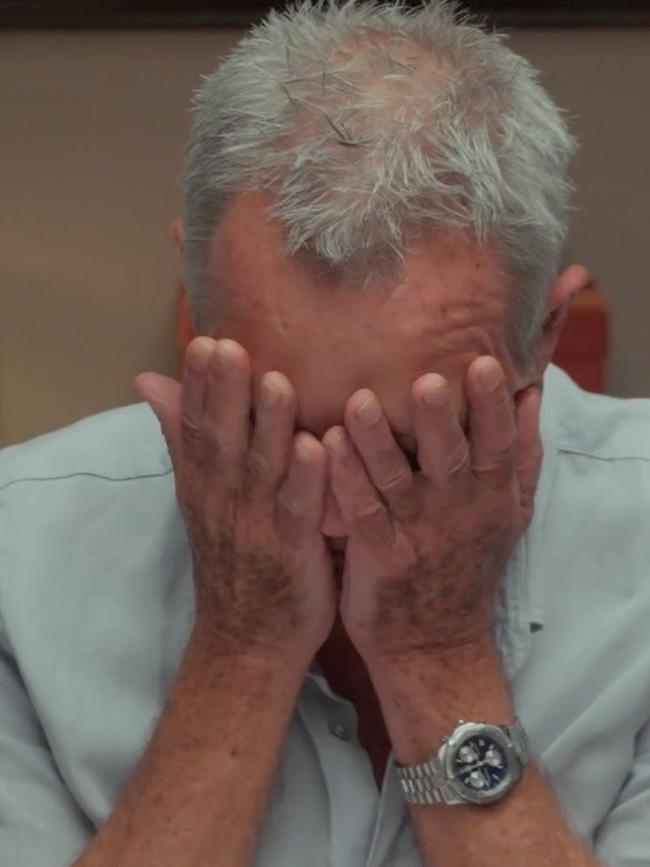
Truth behind the TV trial
On Easter Saturday in 2007, after an argument, Mario Guzzetti fell down the stairs of the Alexandria terrace house the couple shared, and died. What unfolded was the case we have just seen play out in the docu-series, but a far more legally complex and prolonged experience than we could ever have expected.
The Crimes (Appeal and Review) Amendment (Double Jeopardy) Act 2006 in New South Wales allows for the retrial of people who were previously acquitted of serious crimes if there is new and compelling evidence. Double Jeopardy is a legal principle that prohibits people acquitted of crimes to be retried for them.
The case was sent to court three times, and in the first two trials, the jury found Leung not guilty.
“It was in the third trial, again relying on the same evidence, that our defendant was deemed guilty and given an eight year jail sentence,” continues the trial judge.
“He served more than two years in prison before the New South Wales Court of Criminal Appeal overturned the conviction. Justice Adamson, an appeal court judge, noted the defendant had loved his partner, and he had not wanted him to die.”
‘I hope no one experiences what I’ve been through’
As the realisation sets in that Philip Leung endured three trials and two years of jail time as a result of the process, jurors sit in stunned silence, as a prerecorded message from Leung himself plays in the courtroom.
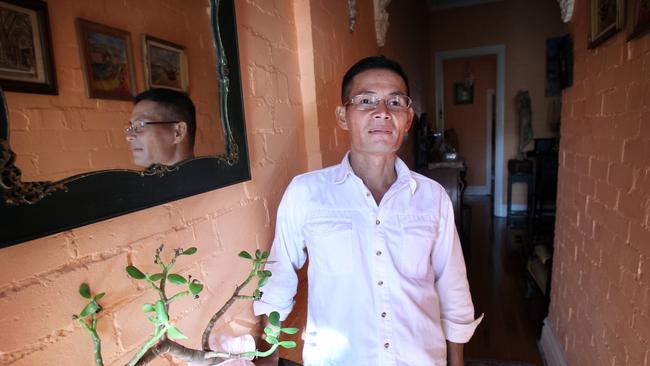
“I hope no one experiences what I’ve been through,” begins the now-free Leung.
“I think in a lot of cases, the jury makes the wrong decision. I’m gay, I’m Asian, and I feel there was some discrimination against me. The police say to me ‘go back where you came from.’”
Breaking down in tears, Leung continues: “I wish Mario was still here with me. I still keep all of his clothes in my home. He will always stay in my heart, for the rest of my life.”
‘The system is not good enough’
Shell-shocked and tearful, the jury files back into the deliberation room to debrief.
“This guy spent time in prison being miserable, being abused and suicidal,” exclaims juror Anya.
“And it was for nothing. It’s not good enough. This system puts together people who are frankly incompatible to try to make some decisions which are clearly uninformed.”
Before dismissing the jury for the final time, the trial judge said “the verdict of a jury is not always welcome, and arguably, is not always right. But justice cannot be done without you.”
“Cannot be done without us?” Anya scoffs, incredulous.
“F**k! No. It can be done better.”
Relive the trial. The Jury: Death on the Staircase. Stream all episodes now on SBS On Demand.
* Names, dates, location and images have been changed to protect identities in the original trial
Originally published as Courtroom bombshell in The Jury: Death on the Staircase final episode

